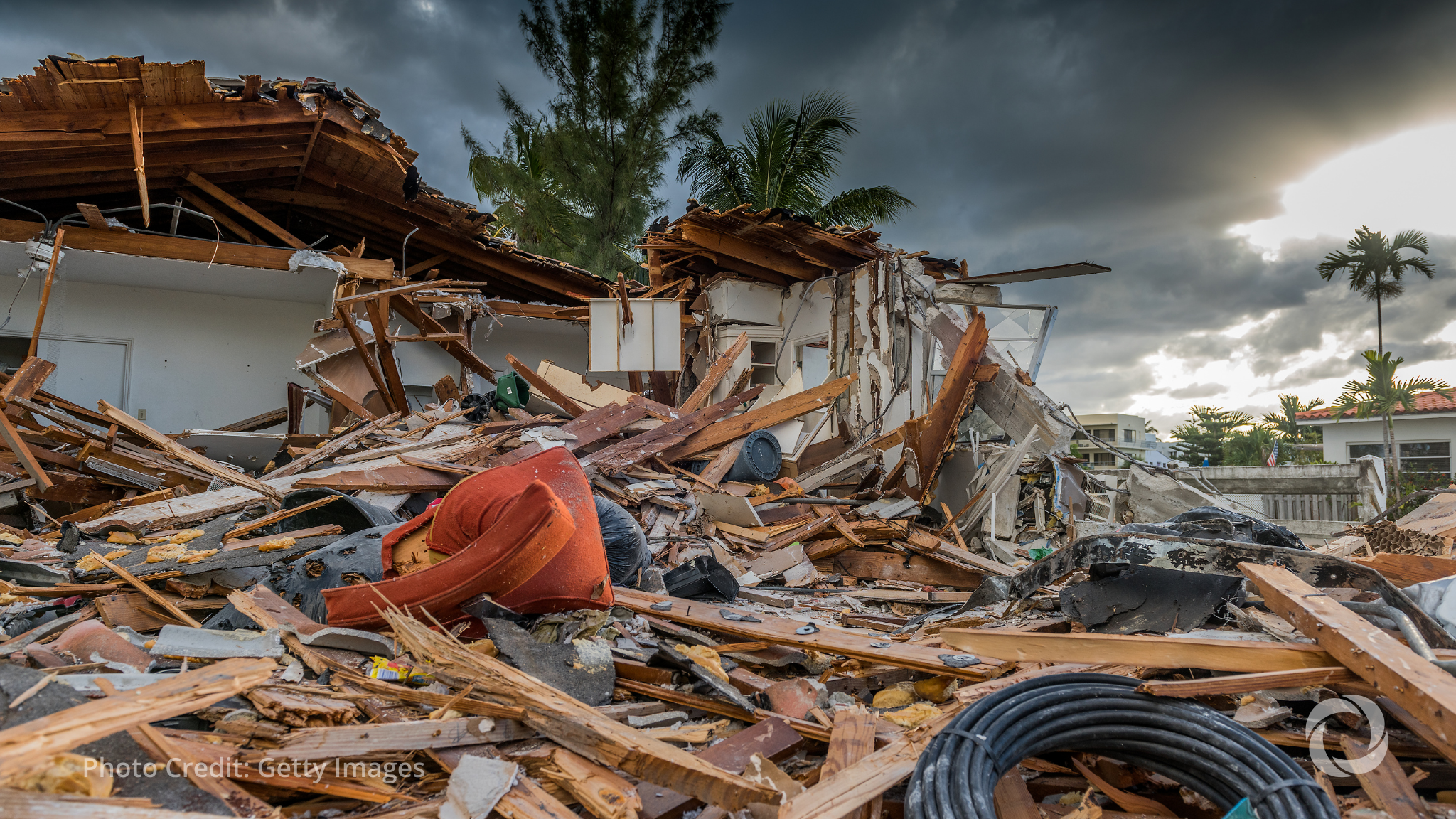Three weeks after Hurricane Melissa swept through the Caribbean, nearly 477,000 children are still out of class or studying in makeshift spaces because their schools were damaged or forced to close, United Nations Children’s Fund (UNICEF) said in a new update. The storm flooded coastal areas in Cuba, Haiti, and Jamaica, knocking out basic services and wrecking hundreds of classrooms.
About 900,000 kids now need help, including many who have already missed too much school.
“Schools do more than teach—they keep kids safe and give them routine,” said Roberto Benes, who leads UNICEF’s work in Latin America and the Caribbean. “When that’s gone, it hurts their learning and their future, especially if they were already struggling.”
UNICEF is teaming up with local governments to fix schools, deliver supplies, and get children back to learning safely. In Cuba, the agency has enough gear ready for around 21,000 students—things like school kits, toys, waterproofing, and roofing materials. Another 30 tents and 500 tarps are heading to the hardest-hit areas in the east, which should help close to 40,000 more children.
In Haiti, UNICEF helped check the damage across the Greater South and has already handed out 2,800 school kits. Recreational kits are being sent to one town to support 70 kids whose classes were interrupted. More aid is coming in the next few weeks. In Jamaica, the agency provided teaching materials and up to 100 temporary spaces for about 10,000 children, and 500 teachers are being trained—adding to the 1,000 already trained—to help students recover emotionally. That’s expected to reach roughly 18,000 kids.
UNICEF is asking donors to step up and protect education by funding safe, fast school reopenings. Getting children back in class, it says, isn’t just about lessons—it’s about helping whole communities get back on their feet.

